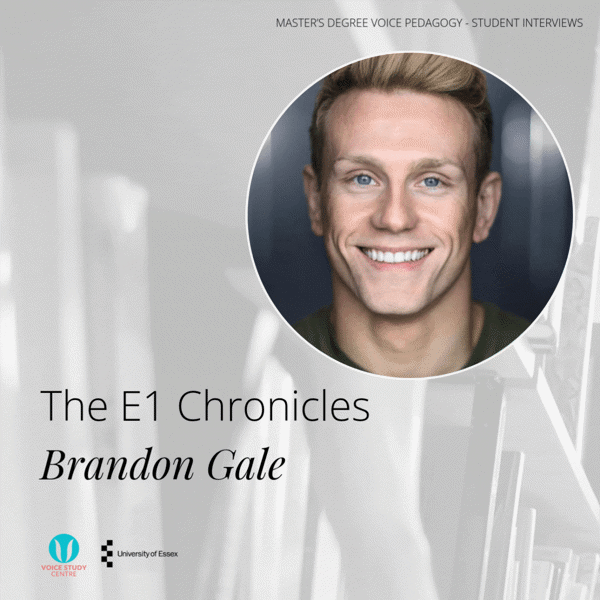Course Review: New Directions in Singing for Health Research and Practice with Professor Stephen Clift
Friday 23rd June 2023This insightful lunchtime lecture from Professor Stephen Clift discussed the intrinsic wellbeing value of music and singing while delving into recent research trends and randomised controlled trials relating to the subject at hand. Stephen sought to answer such questions as: ‘What is the current state of knowledge on the relationships between singing and health and wellbeing?’, ‘How can we locate research on singing for health?’ and ‘What are the future priorities for singing for health research?’ Though it is incontestable that music and singing – joining a singing group for example – generates enjoyment as well as social and psychological benefits, and is important historically and culturally, he urged caution and the need to be critical when dealing with the research, using Julia Hollander’s book Why We Sing as an example of a publication featuring erroneous statements.
A large part of the lecture focused on Coulton et al’s Effectiveness and cost-effectiveness of community singing on mental health-related quality of life of older people: randomised controlled trial (2015), which involved a community sample of adults aged 60+ and has been cited over 200 times. The trial included a three-month weekly singing programme followed by a three-month follow-up, at the end of which there was still a statistically significant improvement in mental wellbeing for the intervention group. This was broken down into qualitative data (i.e. people reporting better respiratory function, improved self-confidence, memory improvement, etc.) and quantitative data as measured using HADS anxiety and depression scales (i.e. anxiety went down from 6 to 4 by month 3). However, Stephen stressed the need for caution again (6 on the scale is below a mild anxiety level and so slightly less relevant) and enlightened the participants with two tools for assessing the risk of bias in randomised controlled trials.
Towards the end of the session, Stephen also used a Medway study into singing and chronic obstructive pulmonary disease (COPD) as an example of an ‘unsuccessful’ pilot randomised controlled trial with disappointing outcomes (due to a variety of factors: dropouts due to illness leading to limited statistical power, three-month follow-up not possible due to COVID-19, no significant health or psychological changes observed, etc.). That’s not to say that people didn’t enjoy it (and give good feedback) or see the value of singing, and Stephen concluded that, in general, from a social and psychological point of view, if anyone with an ongoing health issue chooses to take part in regular singing, it will be beneficial for them.
Throughout, Stephen shared useful links to clinical trials registries (containing studies into dementia, posture control, cardiovascular health, chronic pain, etc.) as well as many resources and starting points for finding singing for health research. These included Google Scholar and PROSPERO (which provides systematic reviews of singing for health literature that are not yet published – including work on cancer, Parkinson’s disease, etc.).
Looking to the future, it appears that ‘social prescription’ (prescribing people to a range of services and activities for health benefits) is developing all the time, however singing on prescription is not really happening just yet and formal evaluative studies are yet to be carried out.
Stephen will be presenting an even more detailed five-week ITOL-accredited short course around recent developments in singing for health research at the end of the year. More details will be shared in the coming weeks.
Professor Stephen Clift
Stephen Clift is Professor Emeritus, Canterbury Christ Church University, and former Director of the Sidney De Haan Research Centre for Arts and Health...




